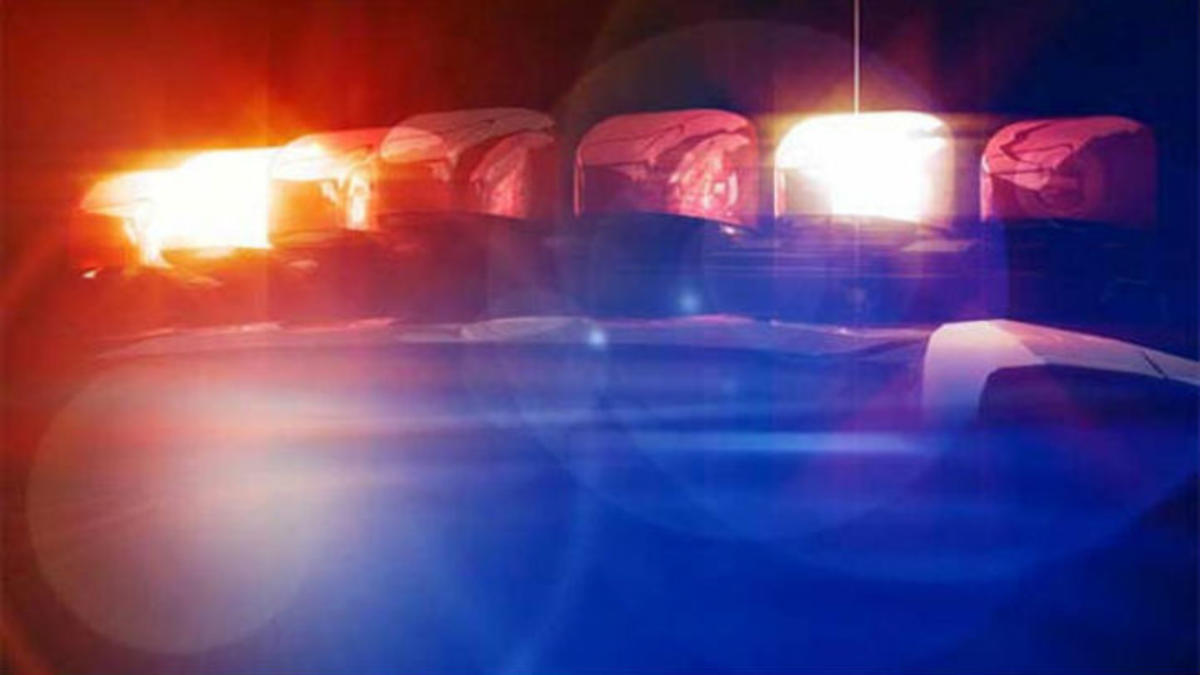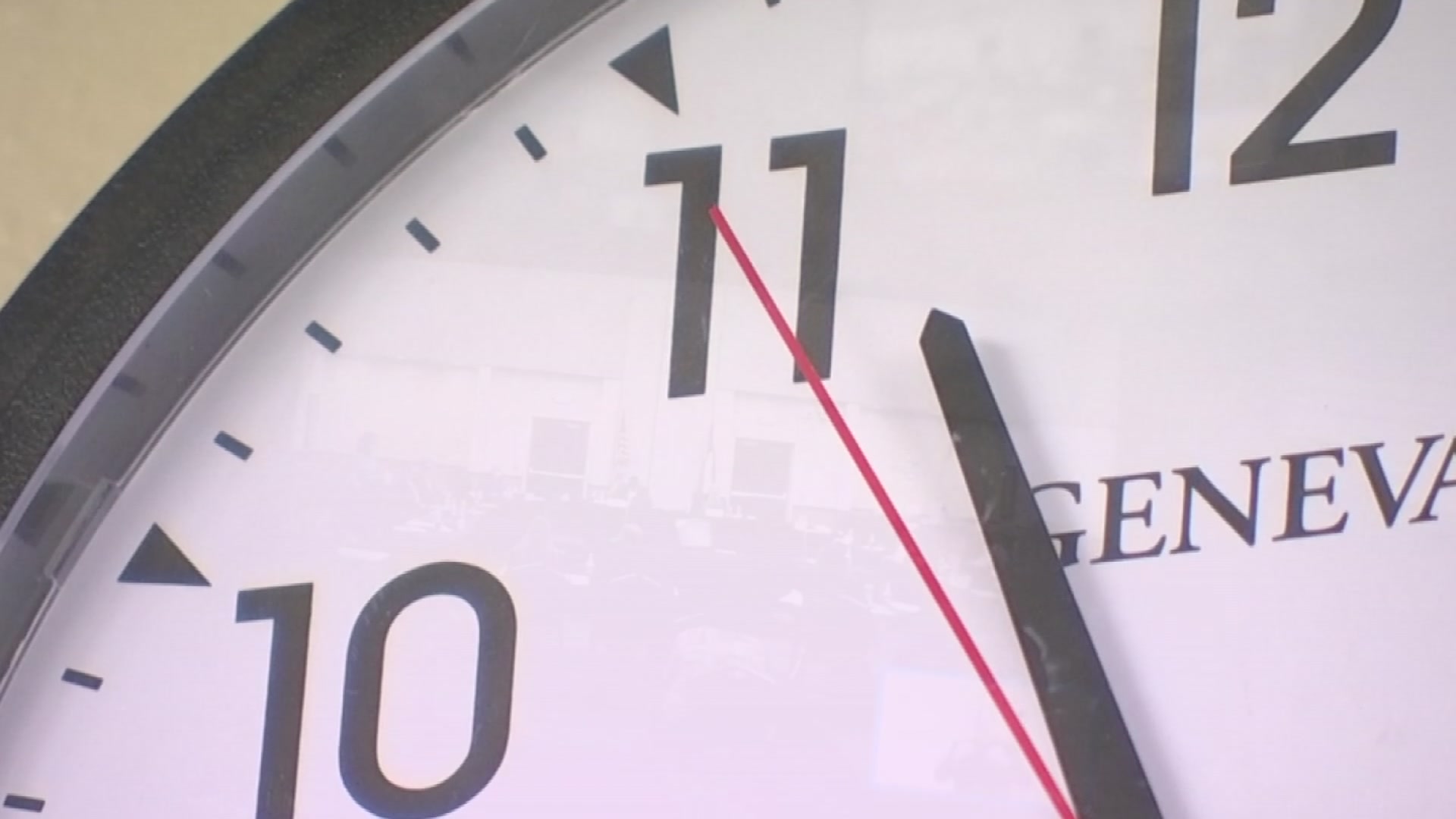There are two more presidential debates scheduled prior to the Nov. election but it’s unclear if they will take place. NBC 5’s Mary Ann Ahern reports
There are two more presidential debates scheduled but, as of Thursday, it’s not clear if they will take place - and experts say that's not entirely surprising.
There’s been back and forth between President Donald Trump and former Vice President Joe Biden's campaigns since the Commission on Presidential Debates announced the Oct. 15 debate would be virtual.
Trump initially rejected the proposal, but Biden said he would hold a Town Hall meeting with voters anyway.
The changes for the second debate come after the first chaotic debate on Sept. 29, as well as Trump’s coronavirus diagnosis.
A virtual debate, would of course mean no side-by-side comparison in the same room and no members in the audience hall.
Professor Jaime Dominguez from Northwestern University is not surprised the president said no since “he likes to be bombastic."
"He likes to be kind of in your face, that’s just who he is," Dominguez said. "And when you’re behind a computer screen, it neutralizes that.”
Local
Debate expert, Professor Todd Graham from Southern Illinois University, said “for right now we are in a unique position, where Donald Trump is a different kind of debater."
"He’s basically flaunting a lot of the rules," Graham said.
Graham also believes the calls for a mute button to silence the candidates when they speak over their allotted time, or interrupt one another, would benefit Biden.
“I think Biden feels like if he can have a more structured debate, he will do better in the debate,” Graham said.
Reaction to debates – whether it’s presidential or vice presidential – is certainly subjective. Dominguez said his takeaway from the vice presidential debate was “it was about honesty, it was about trust and it was about integrity.”
Whether it was the unruly first debate or the vice presidential candidates both avoiding the questions asked of them, it’s clear it's not just what the candidates say, but that the debate moderator is key.
Graham wishes USA Today’s Susan Page had said to both Mike Pence and Kamala Harris “you didn’t answer my darn question, let me try again.”
So where do things stand now?
Biden's campaign suggested the event be delayed a week until Oct. 22, which is when the third and final debate is already scheduled.
Next, Trump countered again, agreeing to a debate on Oct. 22 — but only if face to face — and asking that a third contest be added on Oct. 29, just before the election. But Biden's advisors rejected squaring off that late in the campaign.
The debate commission, which has the unenviable task of finding common ground between the competing campaigns, did not weigh in on any of the new proposals. The organization has come under scrutiny already during this election after the first debate between Trump and Biden deteriorated, with the president frequently interrupting his opponent and the moderator unable to take control.
ABC News, which had been set to host next week's debate, subsequently announced it would host its own town hall where Biden will answer questions from voters on national television next Thursday — but in Philadelphia, not Miami.
The president’s campaign manager, Bill Stepien, said Trump would stage a rally rather than debate next Thursday, though it’s not yet clear if he will be well enough to do that.



